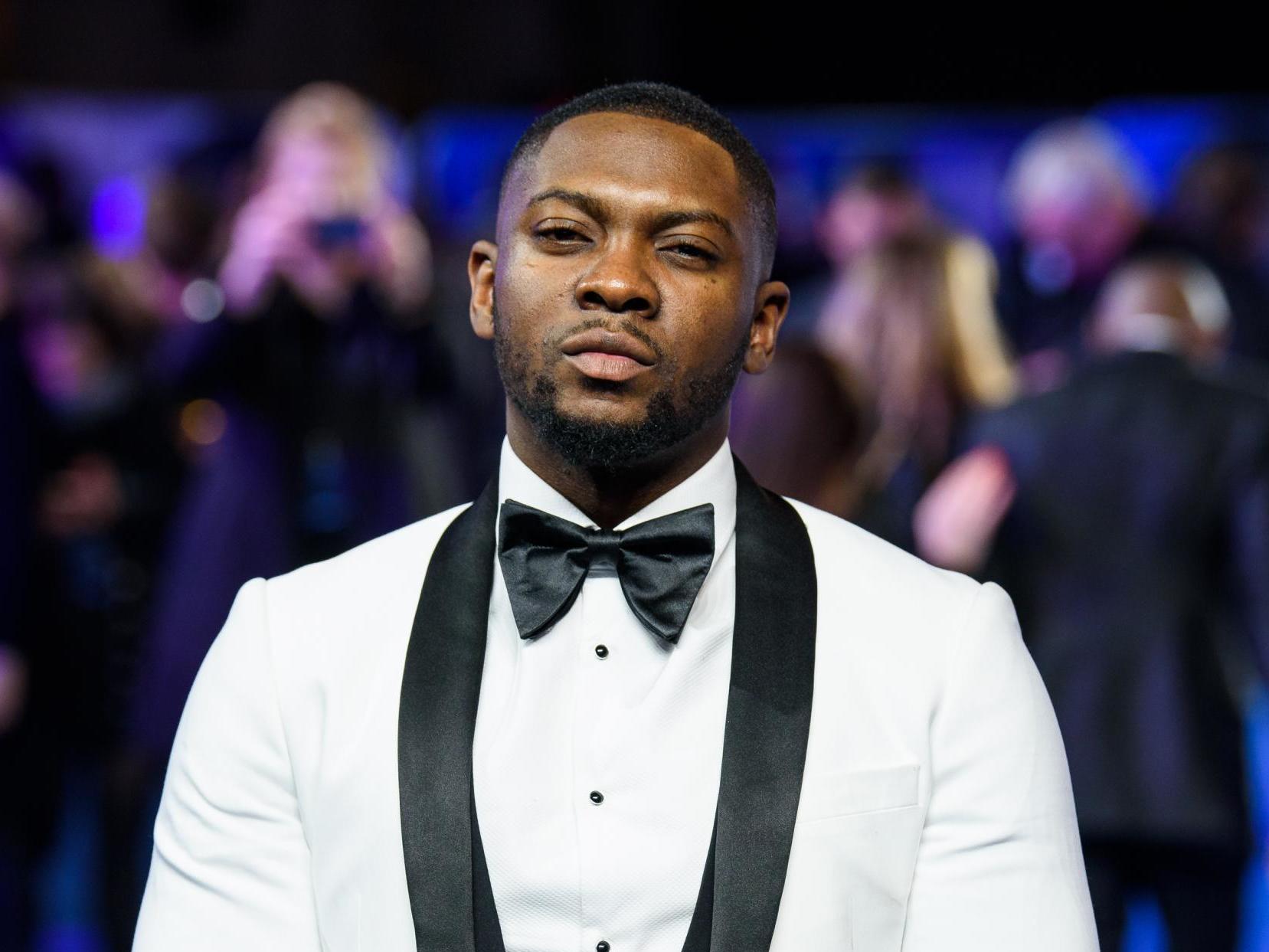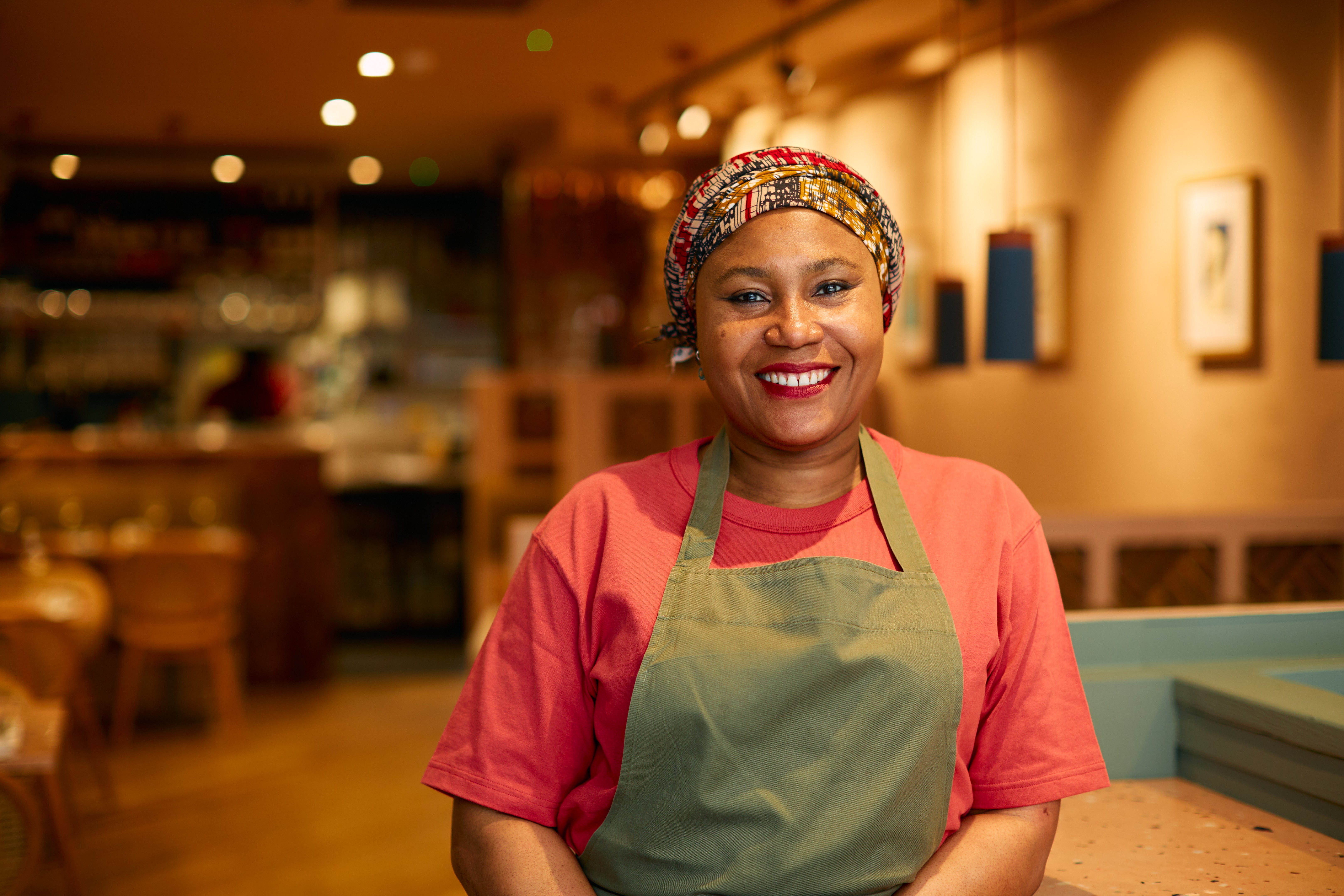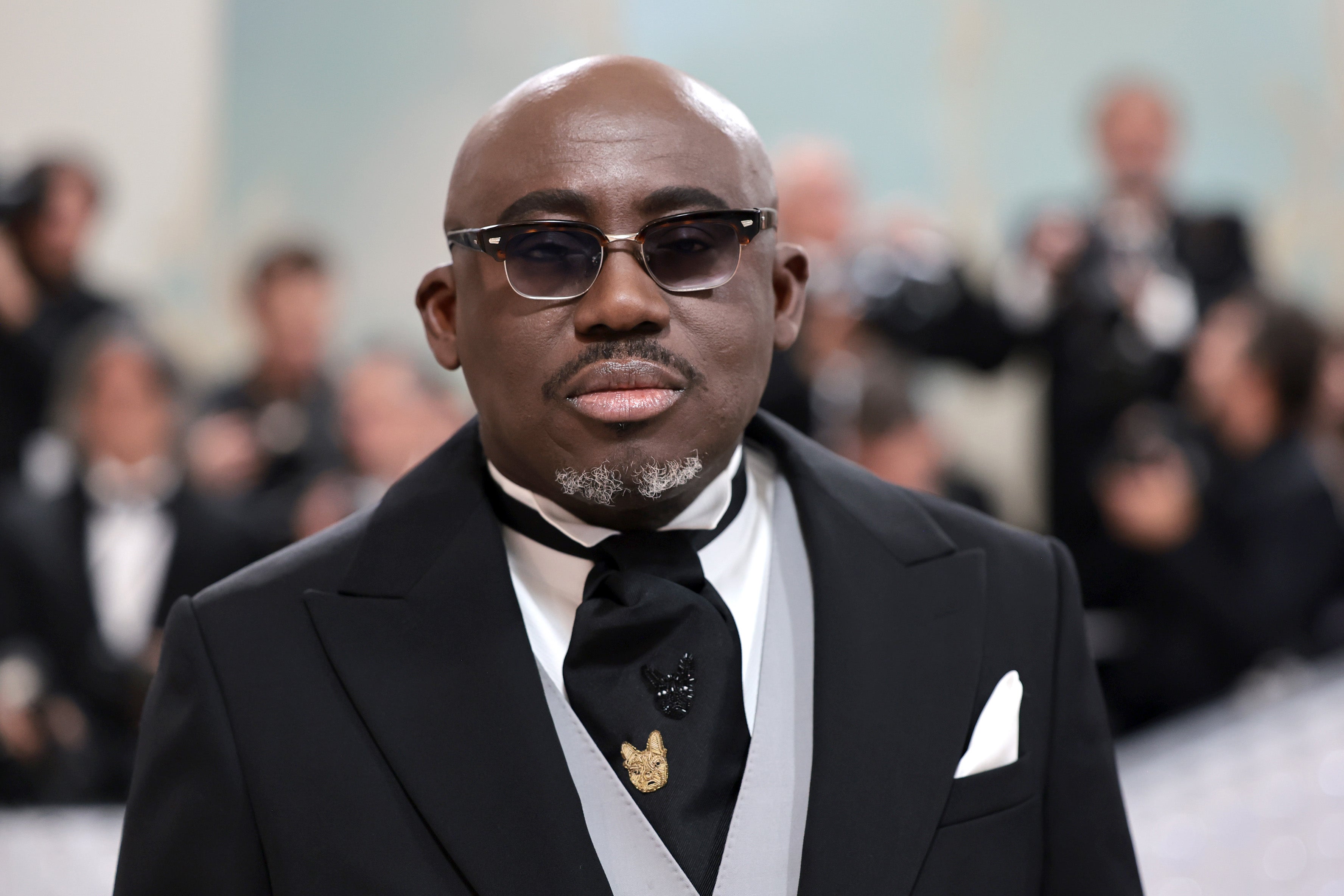“Some of the most influential Black people in the country all come together for this,” said Michael Eboda, chief executive and founder of the Powerlist.
“It’s not about anyone else; it’s really about us. Other people are welcome to come along but, when they do, they must understand that they’re coming to our party to celebrate us in our way.”
The annual Powerlist, published by Mr Eboda’s Powerful Media Group, was created to inspire others by showcasing Black role models across a diverse range of industries – partly in response to a lack of mainstream recognition around Black achievement.
Launched in 2005, it is widely regarded as the leading authority on issues of Black influence in the UK and the ranking is sealed with an annual gala honouring listees. The latest list, published this week, recognises tech boss Dean Forbes, among others.
“I don’t care, I don’t judge myself by what the mainstream does,” Mr Eboda, aged 63, explained to The Independent during a rare interview.
“What we do in our community with our people matters to me. It’s about how we can improve what we do within our community, to recognise the people who are doing well.
“We’re not waiting for seats at tables. Let me be really clear: we’re not anti-mainstream. We just are ‘pro’ what we do.”
Born in south London, publisher-lawyer-entrepreneur Mr Eboda moved to Nigeria at the age of 14 to live with his aunt following the untimely death of his mother.
Nigeria changed his life and inspired him to dream big; within three months of arriving he decided to go to university and study law – something he says had never crossed his mind growing up in the UK.

“My ambition set had been the sort of ambitions that most ‘70s south London Black kids had: you leave school at 16, go and find a job, get a trade or end up on the buses as a conductor or something,” he said.
“University was never mentioned in my school. In Nigeria, the reality was completely different: that you’ll go to university, do an undergraduate and master’s degree and that’s the end of the story, no argument about it.
“There’s no race struggle there,” he added. “There’s no particular disadvantage because of colour. The only thing that can hold you back is your lack of ambition.
“That is why you see people from places like Nigeria doing so well when they when they go abroad… because they have that sense of ‘the world is mine’.”
Shortly after Mr Eboda’s arrival back in Britain, he attended university and became a lawyer before transitioning to a journalism career, working at publications including the Sunday Times.
In 1999, he was headhunted by Ethnic Media Group – home to ten Black and Asian media titles – and took over the helm of New Nation newspaper, one of just two national Black newspapers operating at the time (besides The Voice newspaper).
“What I noticed when I got there was that there was a divide between the Black and the Asian newspapers,” he said. “By and large, the Asian newspapers were very forward-thinking and positive, celebrating their successes.
“On the other hand, the Black newspapers at the time were very much stuck in this mode of sticking ‘victim of the week’ on the front page. It was always ‘woe is me’.”
As well as changing editorial policy at New Nation to focus on aspirational Black news stories, Mr Eboda also launched the Powerlist within the publication in 2005.

“We thought compiling a power list based on wealth, like others, was a little bit crass and would only be full of musicians and footballers,” Mr Eboda added. “So, we decided on the influence.”
Initially, the list was met with scepticism by board colleagues who declined to invest in it. When he left the organisation in 2007, it was agreed that he would take the list with him, and it has continued to grow ever since.
The Powerlist uses an independent judging panel – chaired by Dame Linda Dobbs, Britain’s first Black High Court judge – to select individuals who positively influence lives from a Black perspective. A team of researchers further vet candidates and their credentials are verified by journalists, according to Mr Eboda.
Judging criteria for the list is based on the organisation’s definition of influence: “The ability to positively alter events and change lives as demonstrated over a reasonable period of time.”
Previous Powerlist honourees, now inducted into the Hall of Fame, include former British Vogue editor-in-chief Edward Enninful, former John Lewis Chair Sharon White, Lewis Hamilton and diplomat, barrister and politician Baroness Patricia Scotland.
As of this year, the Powerlist will no longer include politicians in its annual rankings marking, the organisers say, in order to remain non-partisan.
Not everyone is a fan of the Powerlist, Mr Eboda admits, with criticism from both white and Black communities.
“We have had a lot of white people who say ‘there’s no such thing as a white power list. Why should there be a Black power list?’,” he explains.
“This list grew out of a necessity for us to showcase that people are doing very well in our community. White people don’t have that necessity and should be thankful that they don’t need to have such a list.”

Meanwhile, critics within Black communities suggest that the list is not truly reflective of influential Black Britons and, worse, have accused Powerlist executives of cronyism; suggesting that the process involves a room of peers and friends, deciding who among their circles deserves accolades.
This sense of disapproval is not lost on Mr Eboda, though he describes it as ludicrous and “smacking of jealousy” among those who haven’t featured.
“The panel are not a bunch of friends; they’re experts in their respective areas, and then that’s why they were chosen for the panel.
“Criticism is a good thing, too, because it means people are looking at what we’re doing. I don’t mind it, but I think you have to look at things holistically and ask ‘is this a good thing for our community?’. In my opinion, the answer is yes.
“It is positive to showcase our successes in this way and I think it has to happen because nobody else is really doing it.”











